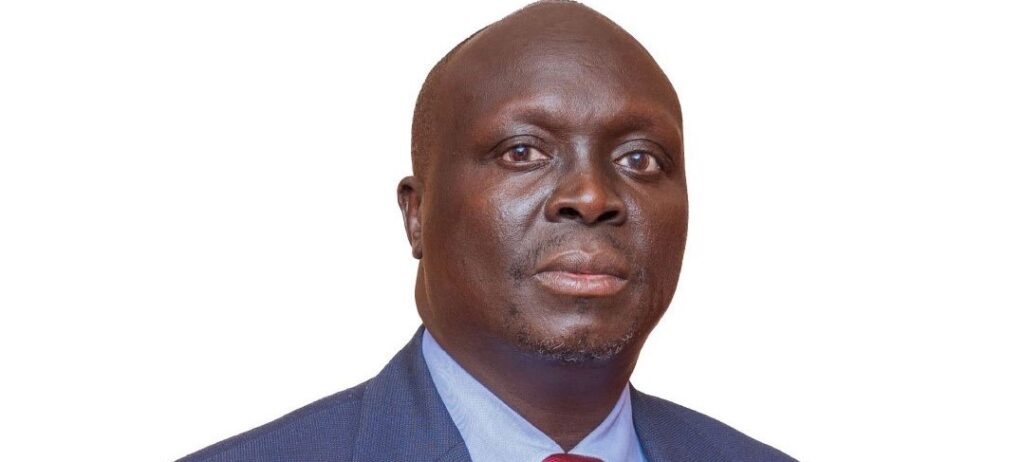South Sudan’s President Salva Kiir has sacked the country’s finance minister without giving a reason, although the move comes amid worsening inflation and a sharp depreciation of the local currency against the US dollar.
The dismissal of the national minister, Awow Daniel Chuang, was announced in a decree read on state TV on Wednesday night. As the country’s economic crisis deepened, civil servants and the army have also gone for several months without being paid salaries and allowances.
Citizens have consistently decried skyrocketing prices of basic commodities like food due to the deteriorating economic situation.
Awou, an ally of Kiir, was appointed finance minister in March this year and had undertaken various tasks, including trying to pay the civil servants and lobbying for loans.
Kiir appointed Dr. Marial Dongrin Ater to replace Eng. Awow Daniel.
President Kiir also removed Bernard Amuor Makeny from his position as Managing Director of the state-owned Nile Petroleum Corporation (Nilepet) and replaced him with Eng. Mohammed Lino Benjamin.
Benjamin was serving as the technical advisor to the Ministry of Petroleum until he was relieved.
In another decree, President Kiir fired two undersecretaries of the Ministries of Health and Petroleum: Dr Ader Machar Achiek, the Undersecretary of the Ministry of Health, and Dr William Anyak Deng, the Undersecretary of the Ministry of Petroleum.
He then appointed Dr Harriet Pasquala as the new Undersecretary in the Ministry of Health and Dr Chol Deng Thon Abel, a former managing director of Nilepet, as the new Undersecretary in the Ministry of Petroleum.
Reacting to the abrupt changes in the finance ministry, Edmund Yakani, a South Sudanese observer, told Radio Tamazuj that the changes demonstrate that the finance ministry and the state-owned oil Nilepet are the cash cow for the powerful, who lobby tirelessly for an appointment that would give them power and resources.
“This is a risk for our national economy and finance planning stability. The frequent changes in the Ministry of Finance and the Nilepet managing director position contribute to instability in our economy. The finance and economic sector requires a long period to gain positive adjustment for stabilization,” Yakani said.
He urged the president to propose specific, reasonable terms of office for the minister of finance and the managing director of Nilepet.
“The practice of frequent changes for the minister of finance and the managing director of Nilepet will encourage corruption and will not address our economic crisis,” he concluded.




